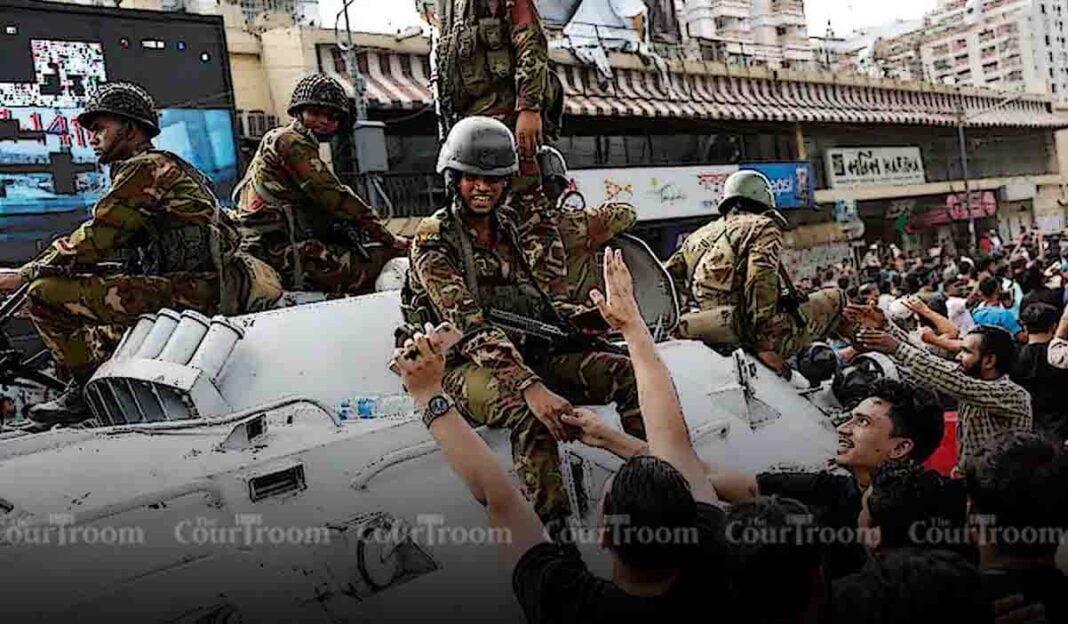S. Jaishankar Addresses Rajya Sabha, Updates on Political Unrest, Safety Measures for Indian Nationals, and Concerns Over Minority Protection amidst Bangladesh Crisis
India’s External Affairs Minister, S. Jaishankar, provided a detailed briefing to the Rajya Sabha on the escalating crisis in Bangladesh, following the tumultuous political climate that erupted after the January 2024 elections.
Political tensions in Bangladesh have sharply intensified since the January 2024 elections, leading to increased polarization and unrest. A student protest in June further fueled the situation, resulting in violent clashes, attacks on public infrastructure, and disruptions in transportation. Despite various attempts to mediate and promote dialogue, the situation deteriorated, culminating in a Supreme Court judgment on July 21 that failed to pacify the unrest. Protests have since centered around calls for the resignation of Prime Minister Sheikh Hasina.
Escalation and Sheikh Hasina’s Departure
On August 4, violence surged nationwide, targeting police stations, government buildings, and properties associated with the ruling party. Attacks also extended to minorities and their assets. In response to the escalating chaos, Prime Minister Hasina resigned and sought refuge in India, arriving in New Delhi on August 5 after securing approval from Bangladesh’s security leadership.
India’s Response and Strategic Measures
In his Rajya Sabha statement, Jaishankar emphasized India’s ongoing monitoring of the situation and the country’s deep-seated relationship with Bangladesh. He highlighted efforts to ensure the safety of Indian nationals in Bangladesh, including facilitating the return of students, with approximately 19,000 Indians, including 9,000 students, currently in the country. Most students had already left by July following advisories from the Indian High Commission.
India’s diplomatic presence in Bangladesh remains active, with embassies and consulates continuing their functions despite the volatile situation. Jaishankar expressed hope for the protection of diplomatic premises and the restoration of normalcy.
Focus on Minority Protection
A major concern for India is the safety of minorities in Bangladesh. Jaishankar noted ongoing efforts by various groups to safeguard these communities and emphasized the importance of restoring law and order. To prevent any potential spillover effects, India’s border forces have been instructed to remain highly vigilant.
Current Status and India’s Position
As the situation continues to unfold, General Waker-uz-Zaman, the Army Chief of Bangladesh, has taken a prominent role, addressing the nation and discussing the formation of an interim government. India remains in close communication with Dhaka authorities and is carefully observing the developments. Jaishankar concluded by appealing for national consensus on the sensitive issue, reinforcing India’s commitment to regional stability and the protection of its interests.
India’s response to the Bangladesh crisis highlights its dedication to maintaining regional stability and safeguarding its nationals. With the situation evolving rapidly, India’s diplomatic and security strategies will be pivotal in navigating the ongoing challenges.


